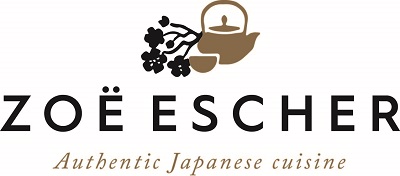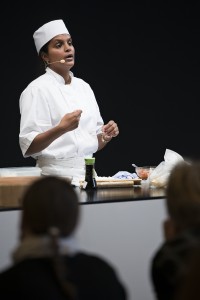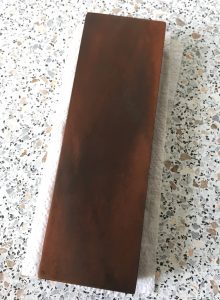
There is not a specific rule for that.
It depends on the material your knife is made of. Some Japanese knives need to be sharpened every time it has been used and others need to be sharpened a few times a year.
The knives that I use in my work as Japanese trained sushi chef are all purchased in Japan. They are high quality knives and made of high carbon steel.
The advantage of this type of knife is that the Japanese knives can become very sharp which has a positive impact on the meals that I prepare. The disadvantage is that the knives need to be sharpened very often. They do also tend to rust very easily.
Read more about Sushikok & sake sommelier Zoë Escher
_
Zoë has held sushi courses and cooking classes for A. P. Moller – Maersk, Hugo Boss Nordic, Novo Nordisk, Novartis, Velux, Gorrissen Federspiel, Beierholm revision, Elbek & Vejrup and many more.



